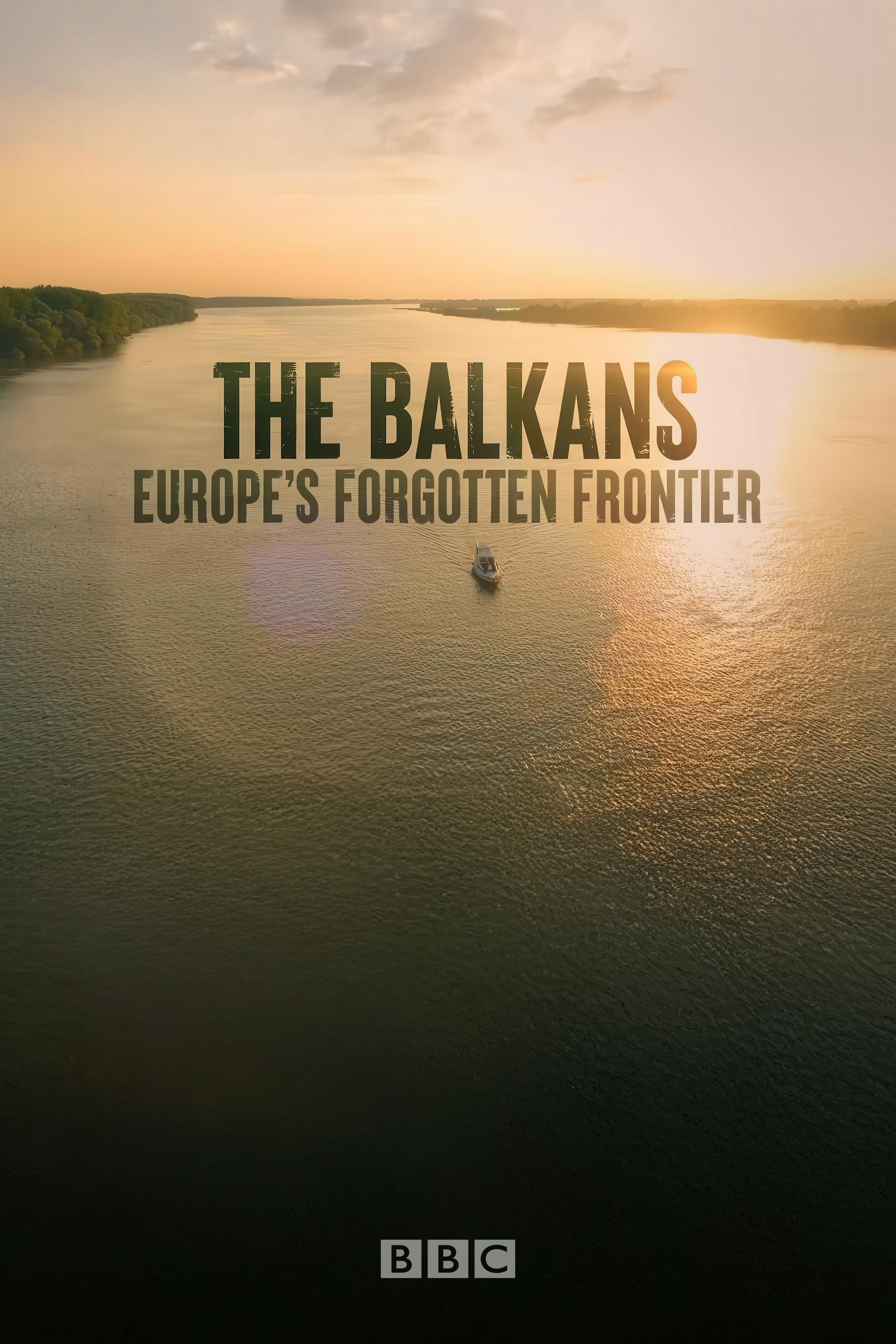
The BBC's Europe editor, Katya Adler, travels across the Balkans.
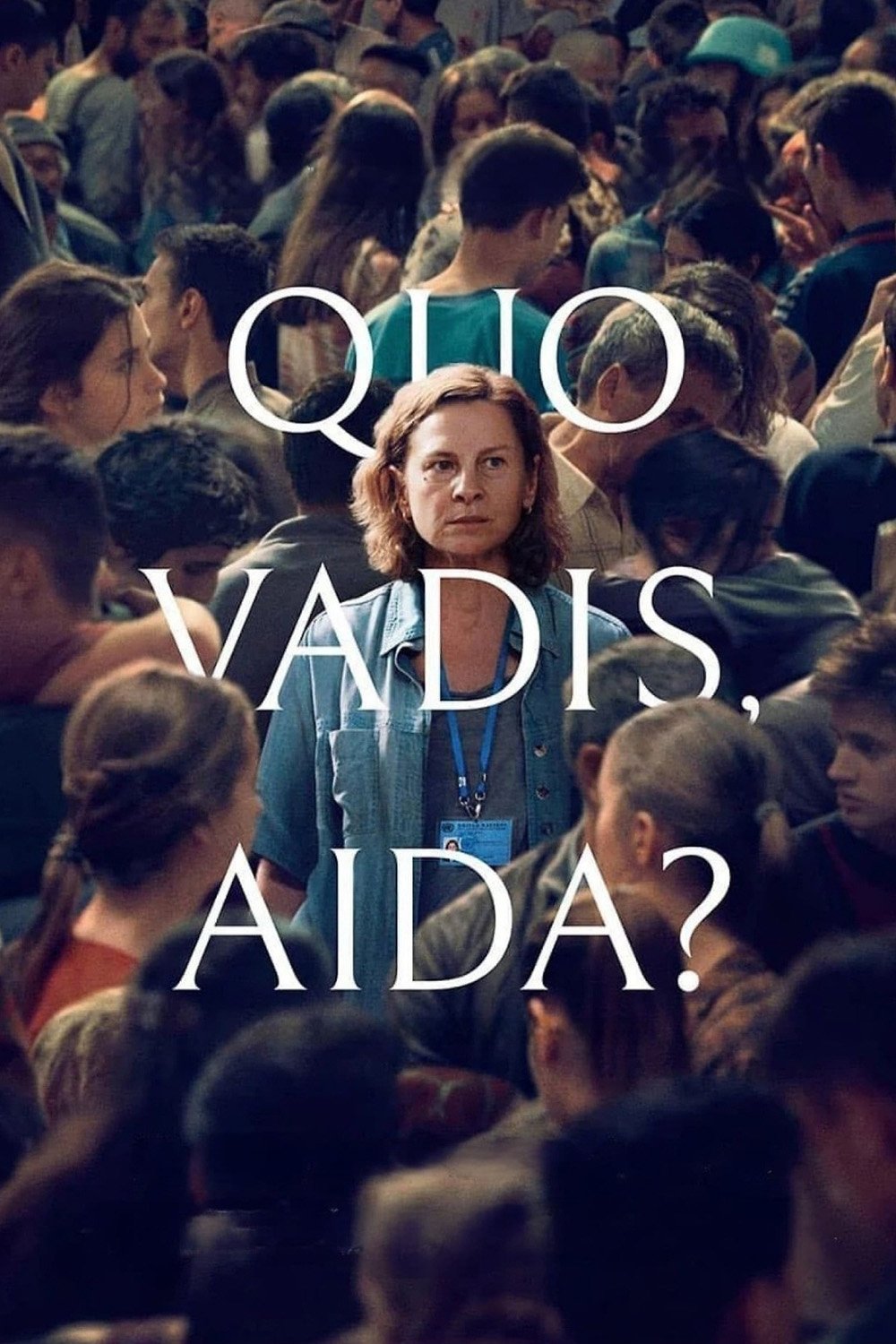
Bosnia, July 1995. Aida is a translator for the UN in the small town of Srebrenica. When the Serbian army takes over the town, her family is among the thousands of citizens looking for shelter in the UN camp. As an insider to the negotiations Aida has access to crucial information that she needs to interpret. What is at the horizon for her family and people – rescue or death? Which move should she take?
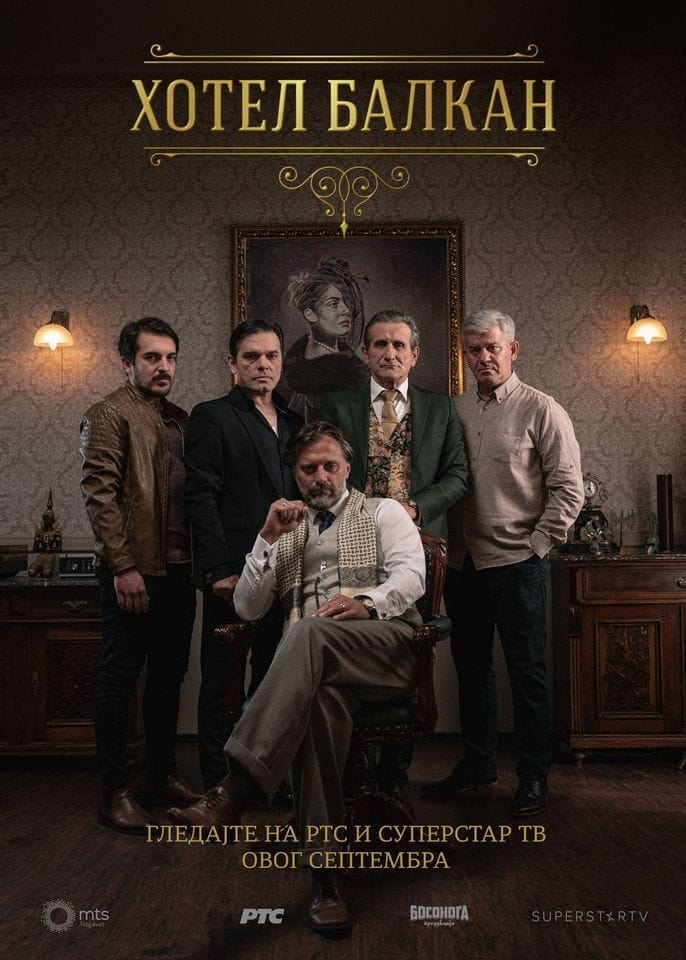
This series takes viewers on a journey in the 1930s, under the roof of the hotel, where the past and the present merge. The focus of the series is business of a prominent Banja Luka family, entangled in numerous intrigues.

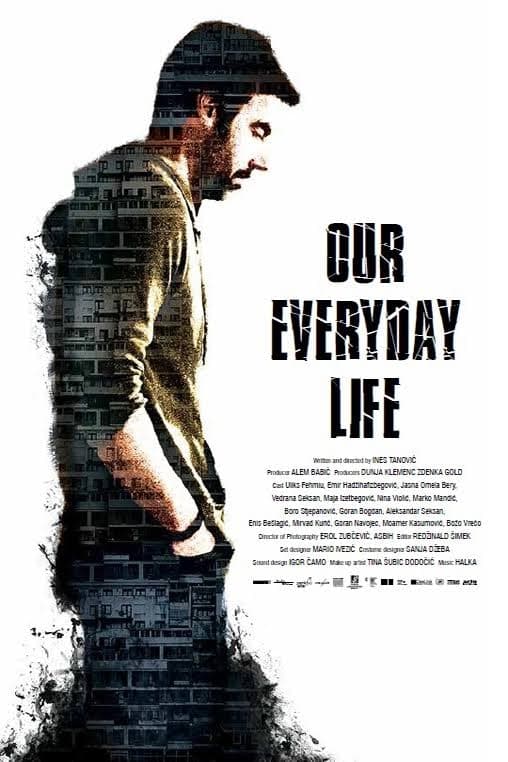
Family Susic lives everyday Bosnian story. Father Muhamed (63) is employed in a reputable company; mother Marija (60) is retired. Son Sasa (35), who spent the war in Army of Bosnia and Herzegovina, lives with his parents, while their daughter Senada (40) lives in Slovenia. Their life begins to fall apart because of father's dissatisfaction after his company is sold on the stock exchange, Sasa's negligent attitude towards work and family, Marija's breast cancer diagnose. When problems begin to line up Muhamed and Sasa realize that actually only family is important, that it is man's last oasis
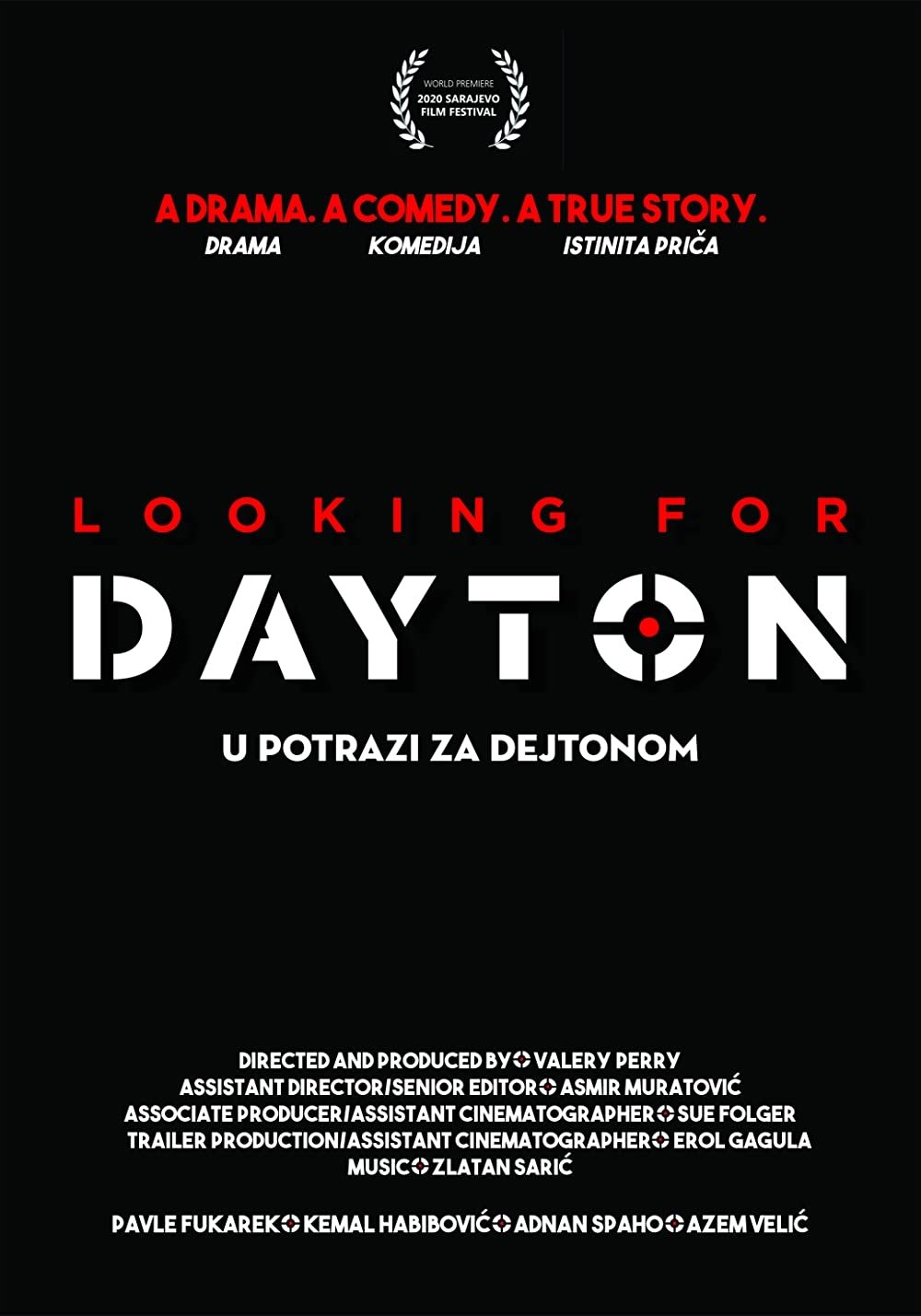
This film follows 3 friends who were in Sarajevo during the war as they go to the US for the 20th anniversary of the Dayton Agreement, where they ask questions and consider the impact of the agreement 25 years later, having fun on the way.
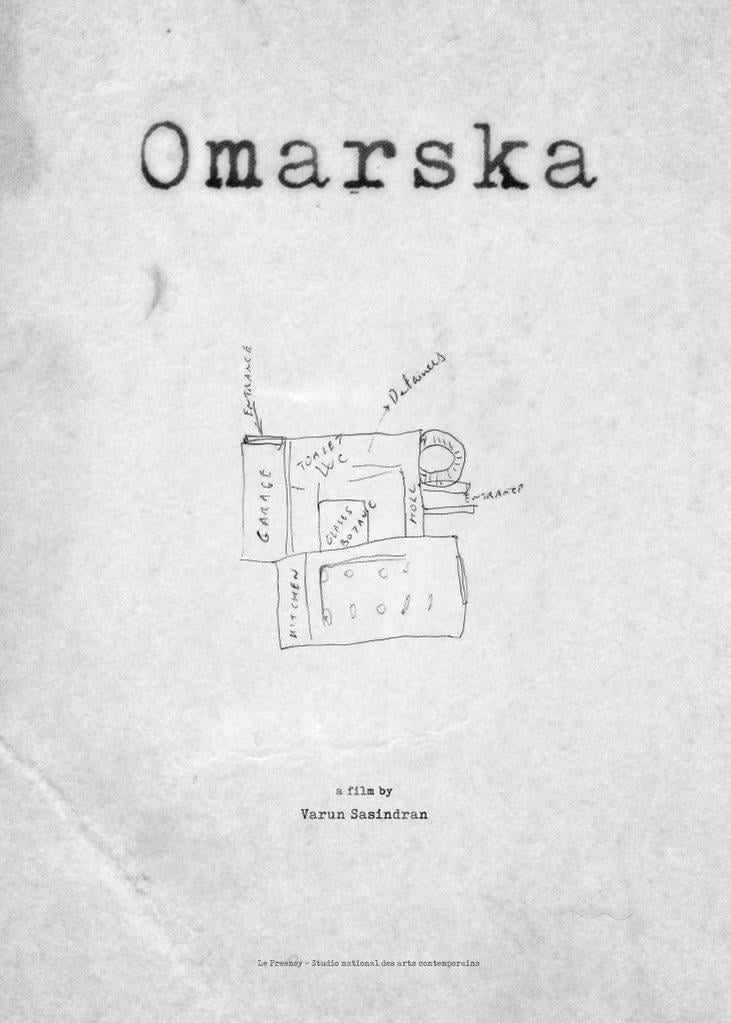
An attempt to erect a virtual memorial for the victims of the Bosnian war, using archive material, videos and statements from survivors in a 3D animation.
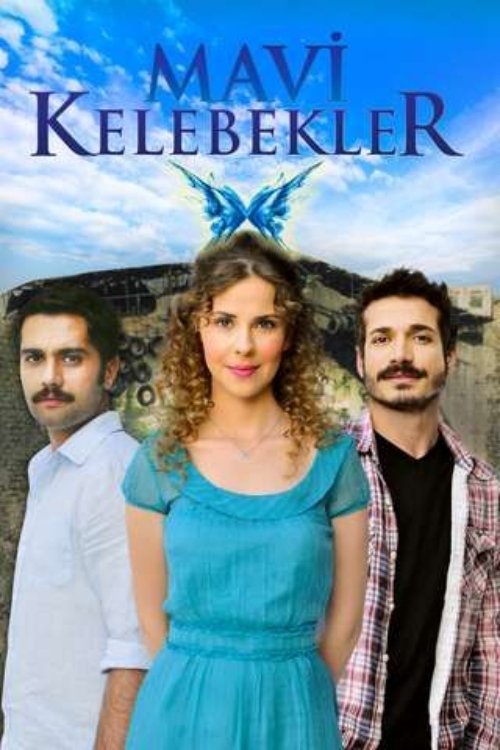
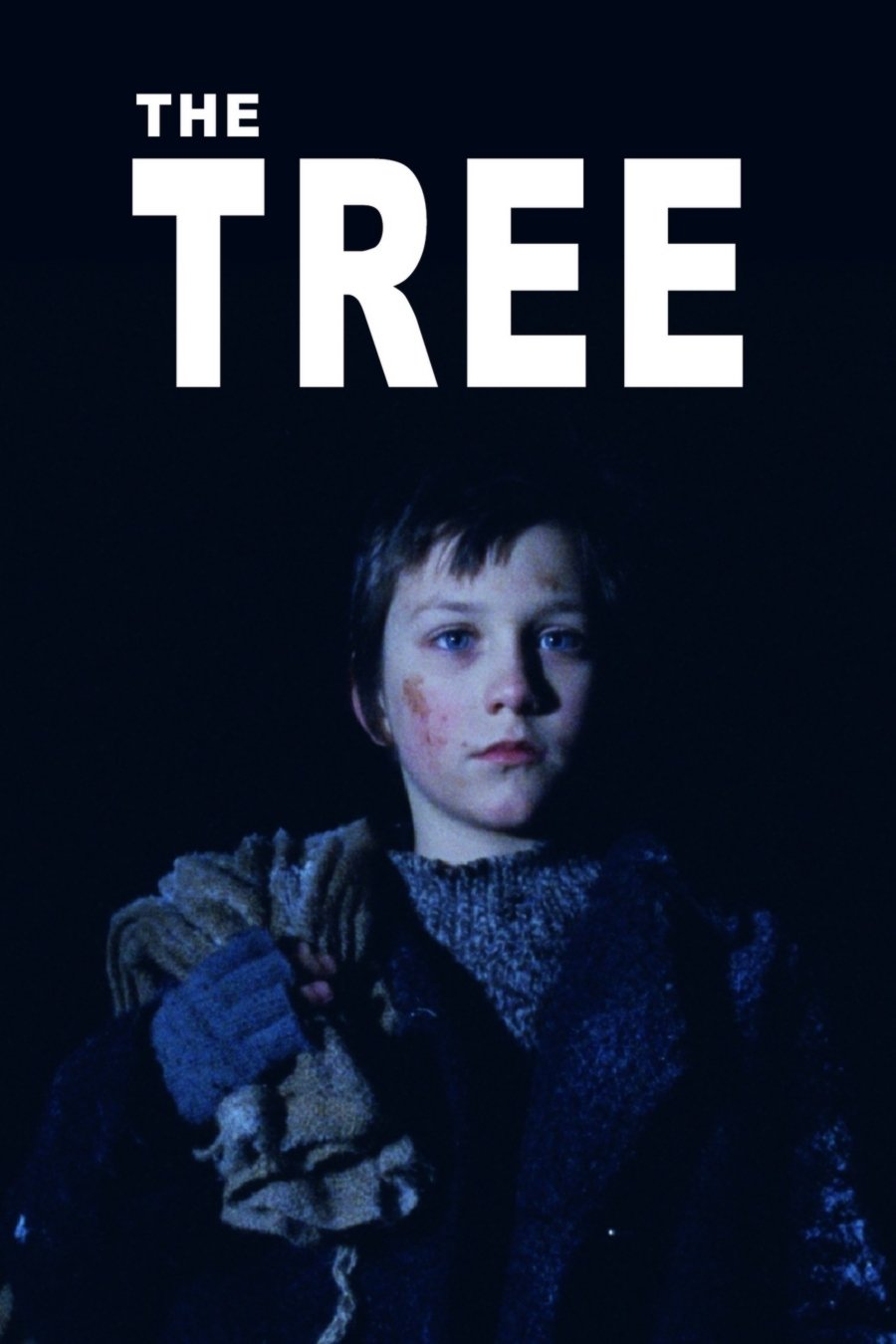
A man, a child, two wars, a river, a tree. A man and a child meet under a tree on a river bank, sharing the same memory and a secret. They find in each other the serenity, the silence and the time they lost in the flowing water of the river.
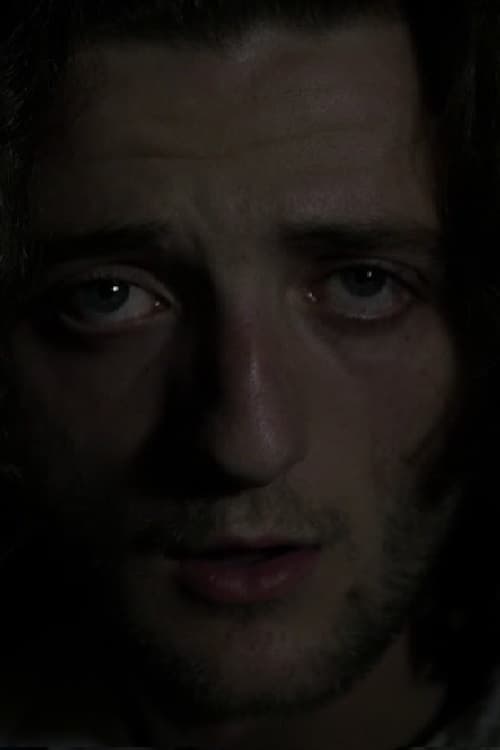
The action of the film follows the artist who, since the girl left him, lost his inspiration.
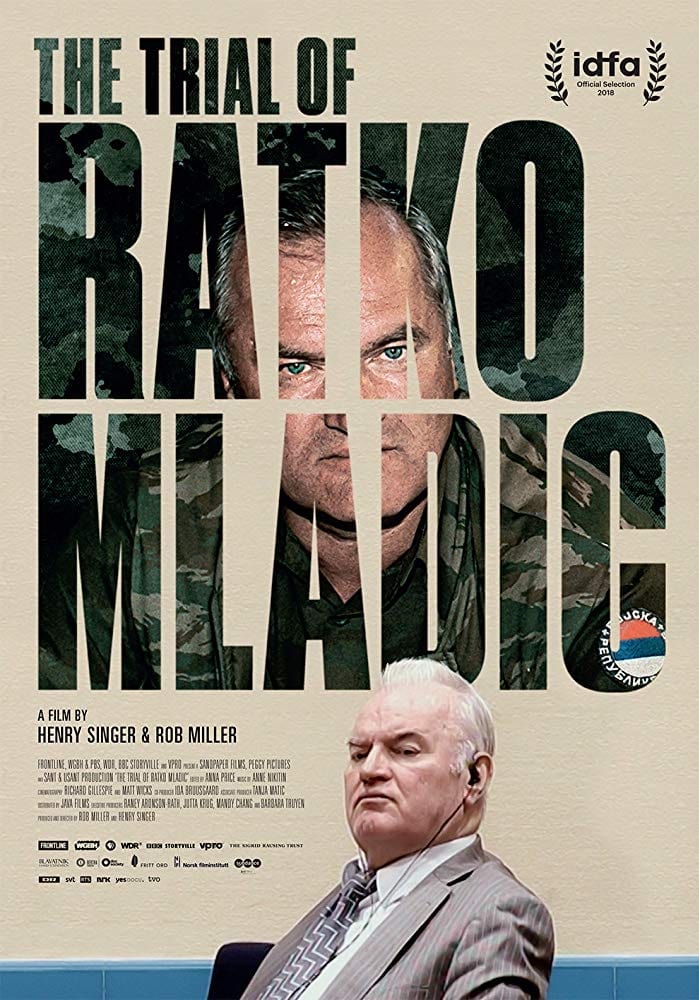
The war crimes trial of Ratko Mladic, accused of masterminding the murder of over 7000 Muslim men and boys in Srebrenica in the 90s Bosnian war, the worst crime in Europe since WW2.
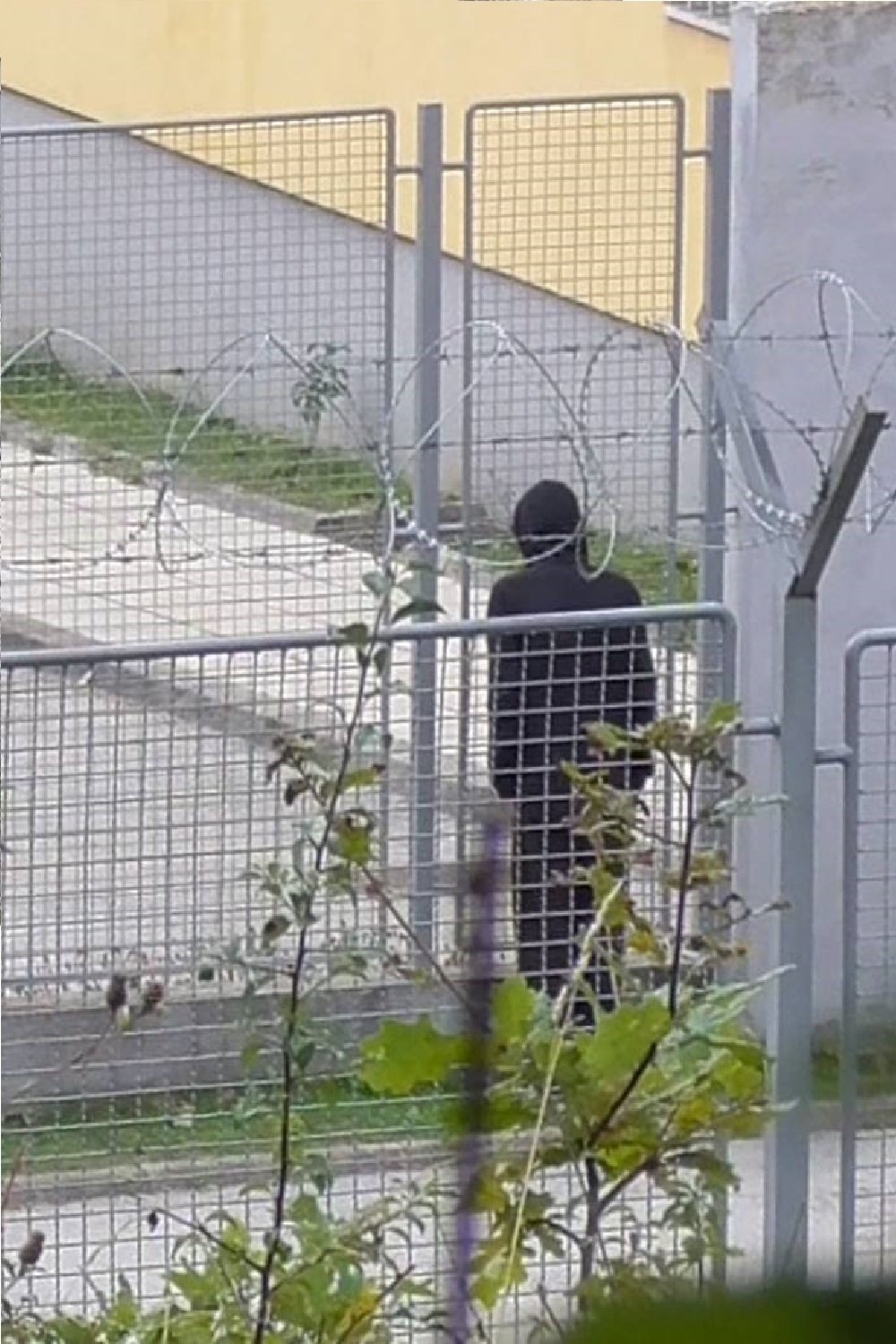
In september 2017 Samira comes from Iran to Sarajevo, BH for the first time to shoot a documentary. She tries to connect with the country and people. In order to find people who traveled from far places like her, she attempts to visit a refugee center, but all she finds are closed gates as she isn't allowed to see anyone.
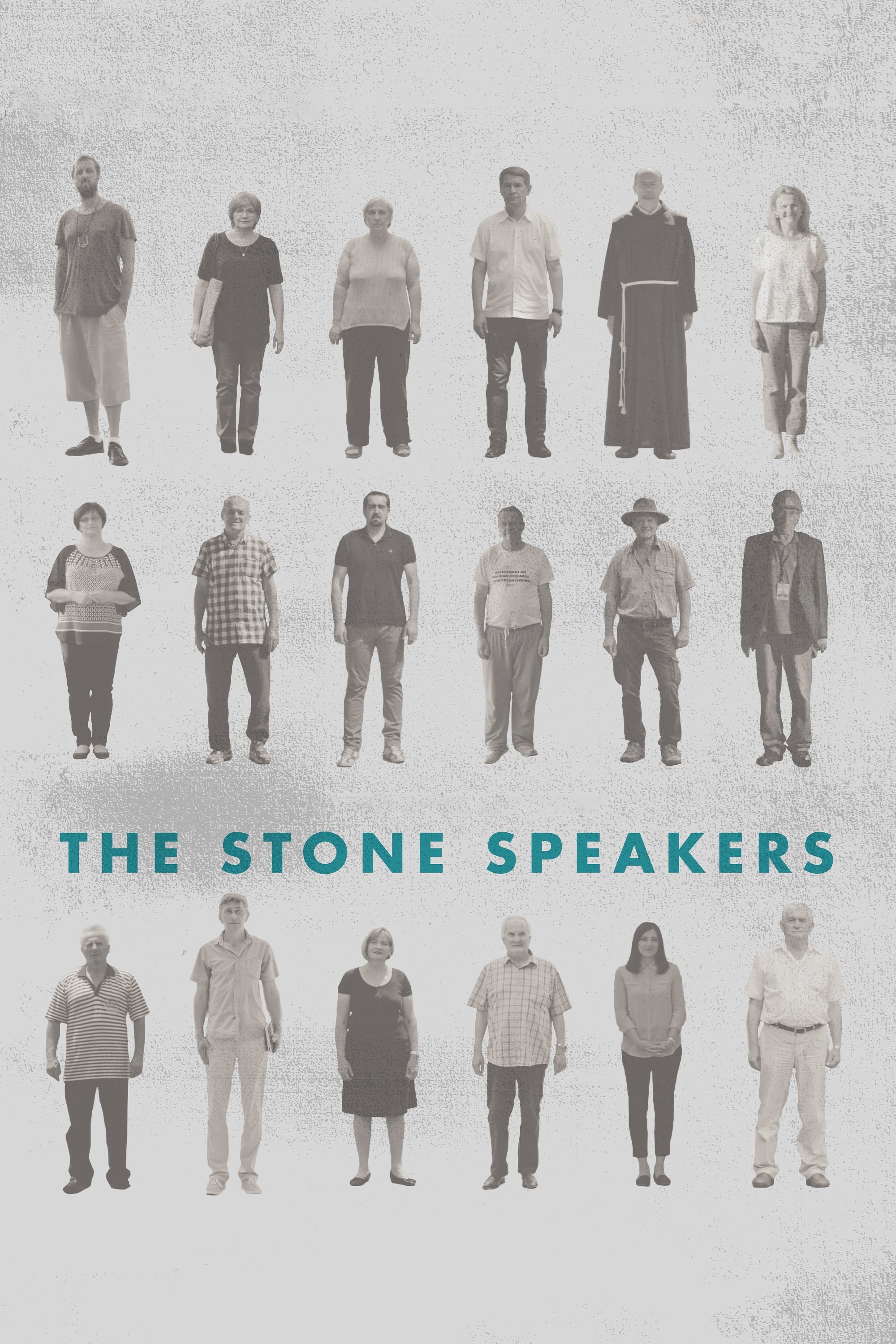
In present-day Bosnia and Herzegovina, economically depressed towns turn themselves into tourist destinations in order to survive—deliberately forming their own cultural narratives. Centering on four different locations, The Stone Speakers interrogates a nation’s contradictory memories. Made with subtlety and tactful distance, director Igor Drljaca’s film reveals the traumatic consequences of being a country that is stuck in a postwar identity crisis.
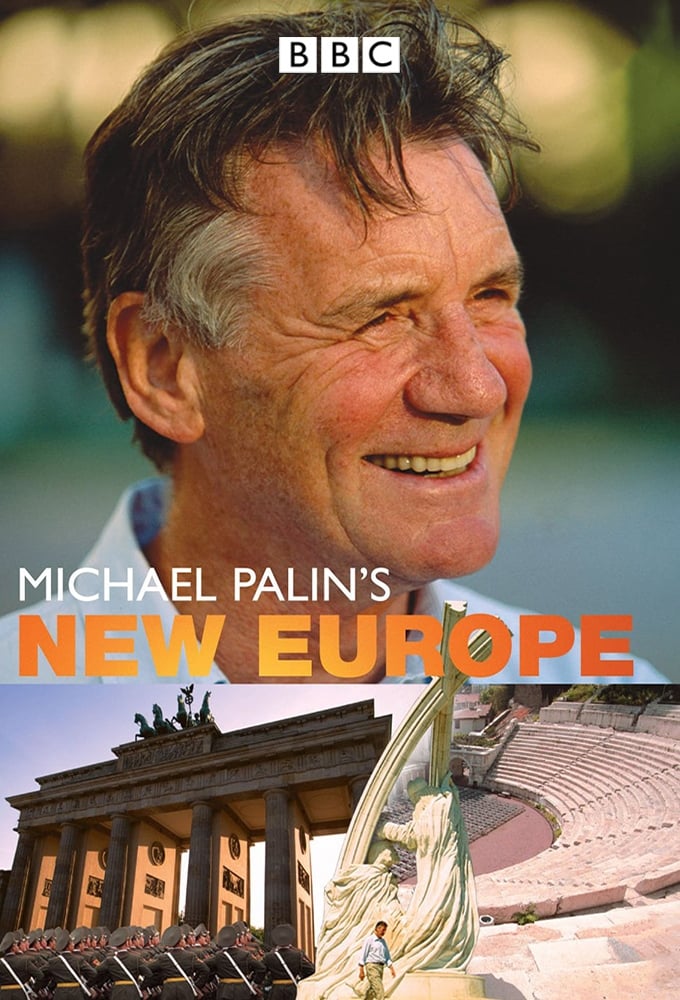
Michael Palin explores European countries that were once behind the Iron Curtain.
A young boy plays an accordion in a shopping mall. Béla Tarr picks up the camera one more time to shoot his very last scene. It is his anger about how refugees are treated in Europe, and especially in Hungary, that drove him to make a statement.
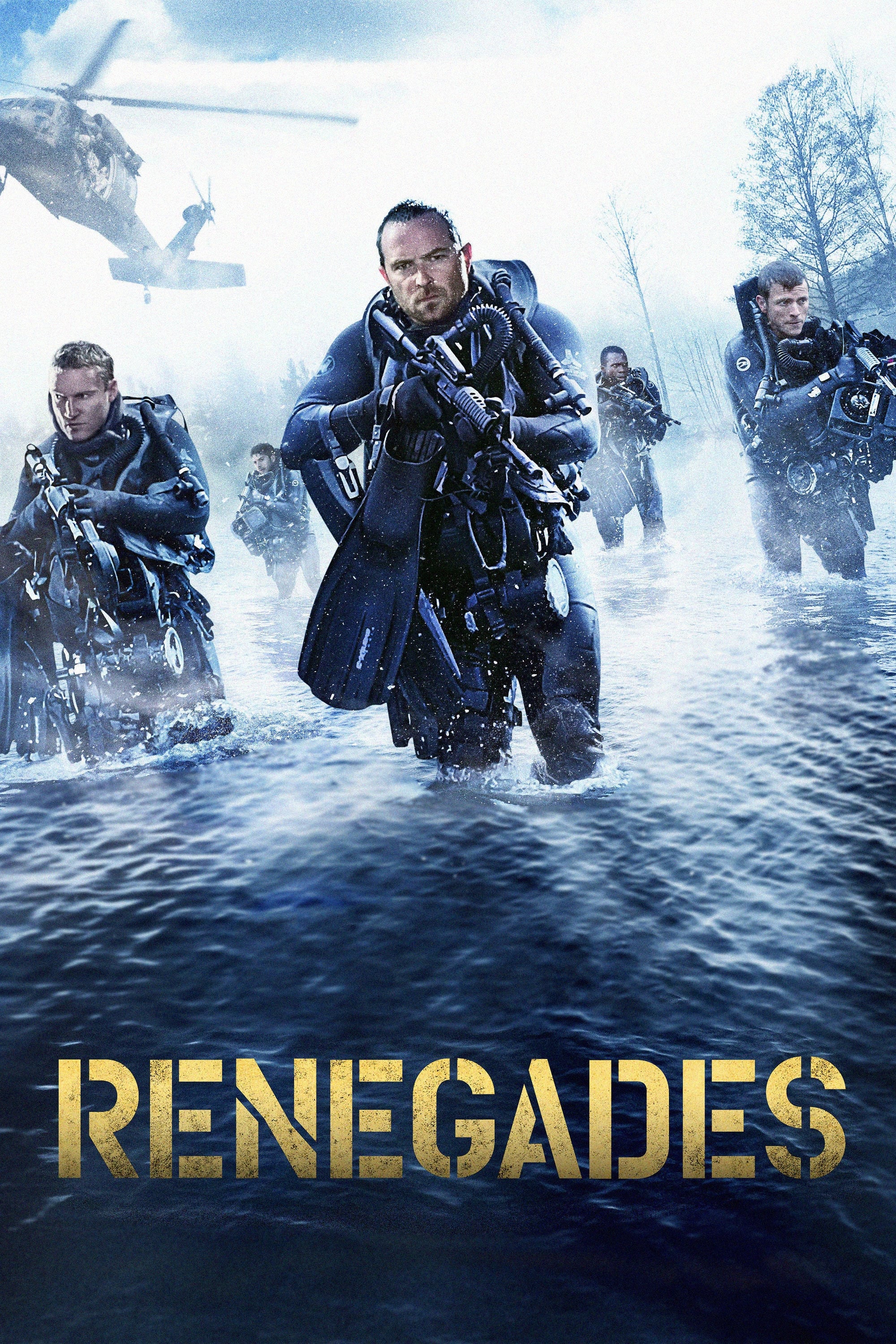
In the midst of the Balkan wars, a squad of Navy SEALs attempts to unravel a long-forgotten mystery after discovering an enormous treasure trove hidden at the bottom of a lake in Serbia.

Bosnia, a summer's day at the country side 20 years after the latest war. Being the only witness of the secret plan of her favorite aunt Ljilja, little Maja takes a major step in her life. The boundaries of her childhood start to break apart.
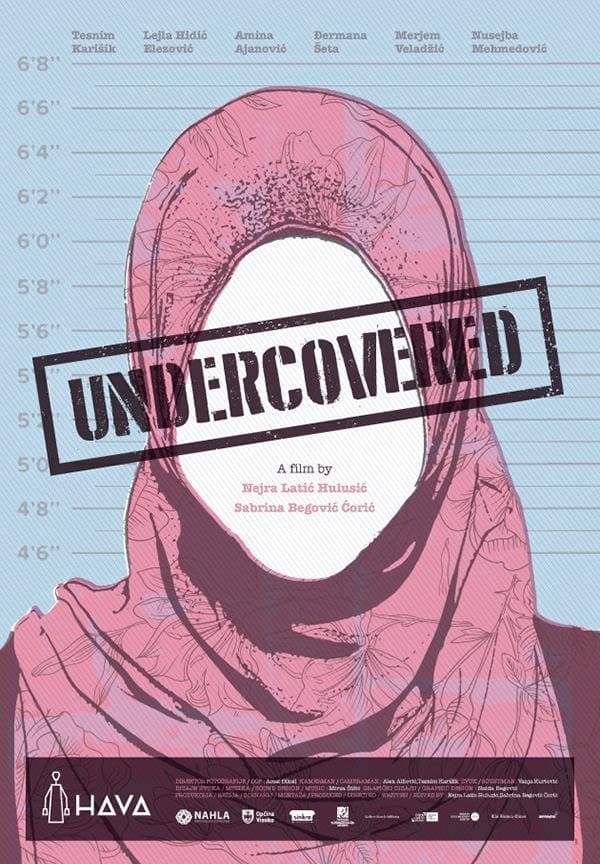
Following the 2001 terrorist attacks on New York City, one item of clothing has gained a scandalous global reputation: the headscarf. All over the world, a major debate is going on about whether Muslim women should be allowed to wear the headscarf in public.
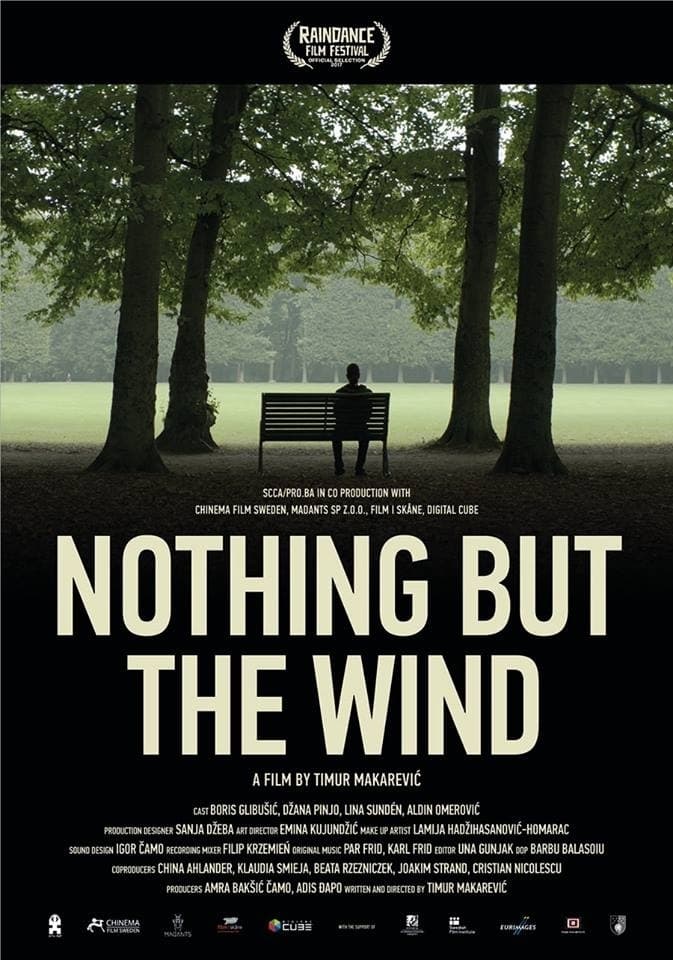
What is the true phrase? Heart is where the home is? Home is where the heart is? Bajo (37) is Bosnian-born Swede. After 18 years he has to visit his hometown. Against his will, Sarajevo is changing him. But that does not make him less Swedish or more Bosnian, just more himself. Or simply, home is where you are.
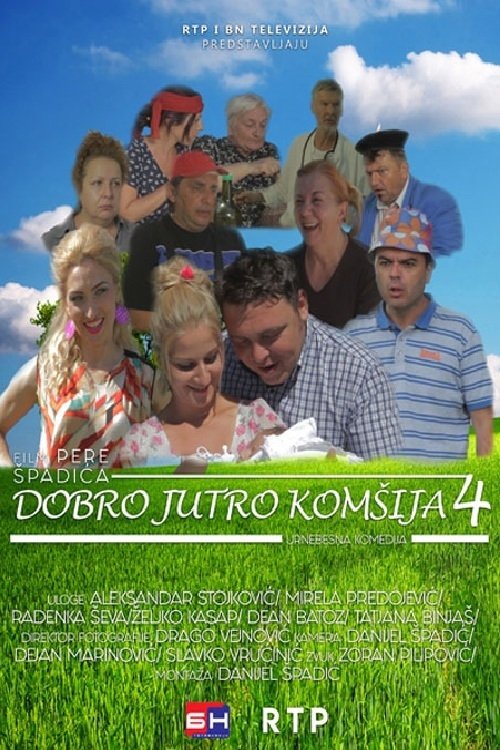
Violeta gives birth to a baby, while Ceda's mother-in-law gets wasted which makes place for plenty new adventures in the village. It's a story about life and death told in a humorous way.
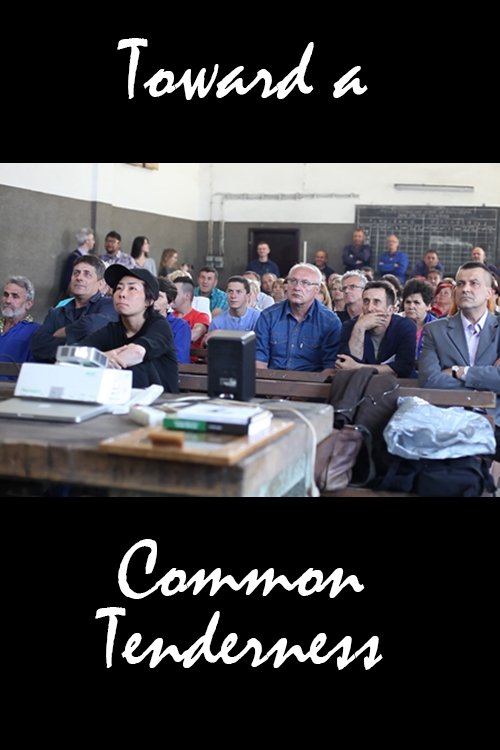
Moments in the life of a young Japanese filmmaker in Bosnia, charged with acoustic and visual poetry. Buoyant and essayistic entries in a process of self- and world-reassurance.
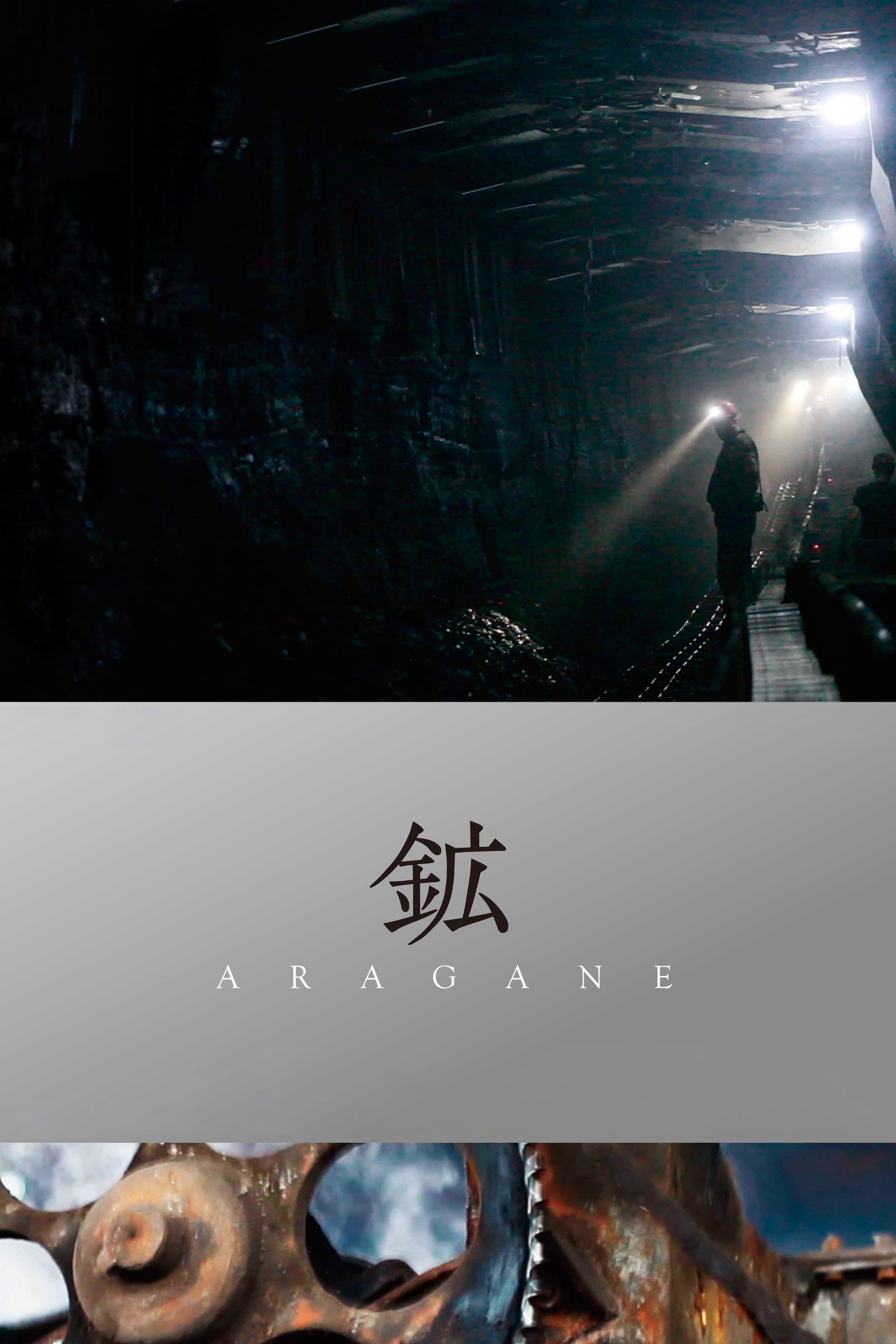
Miners in a Bosnian coal mine. The camera silently watches over the miners working tirelessly amidst endless noise and the flickering light of lanterns.
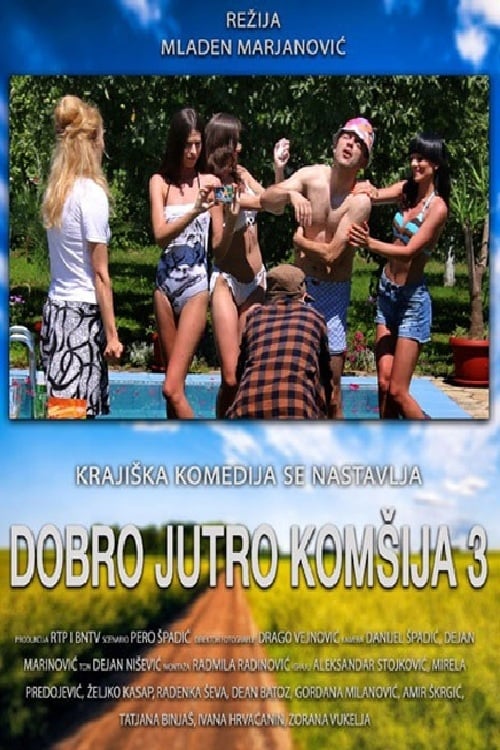
The plot again deals with familial relationships, more precisely around daughter-in-law, her husband and his domineering mother.
By browsing this website, you accept our cookies policy.